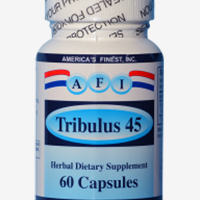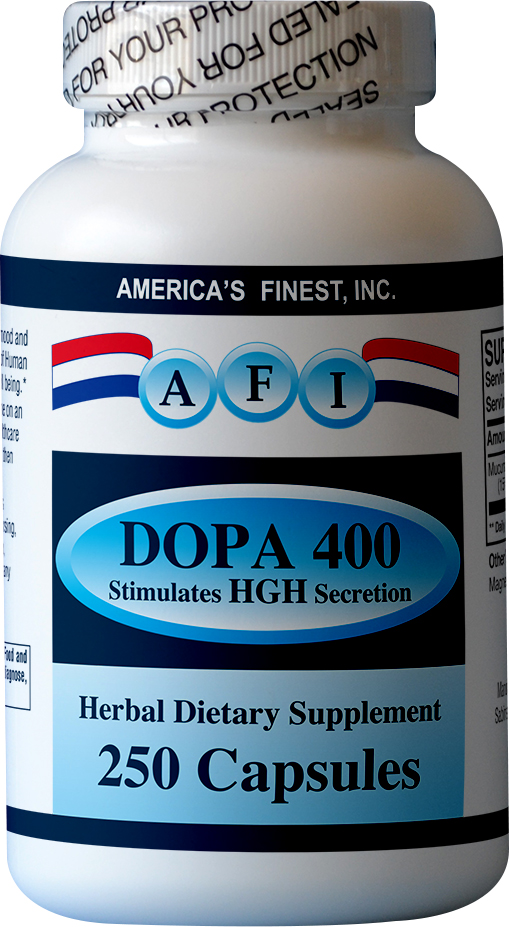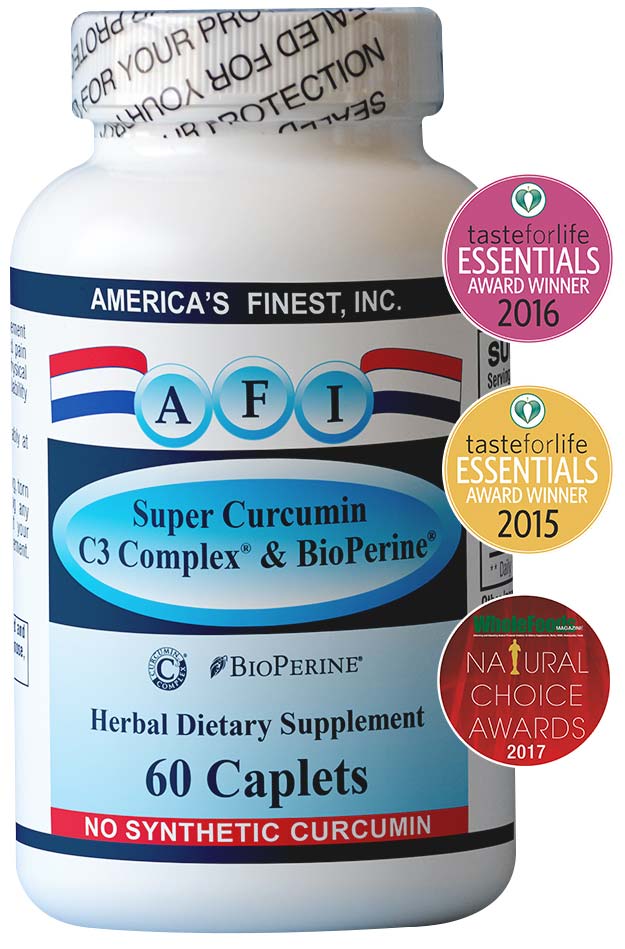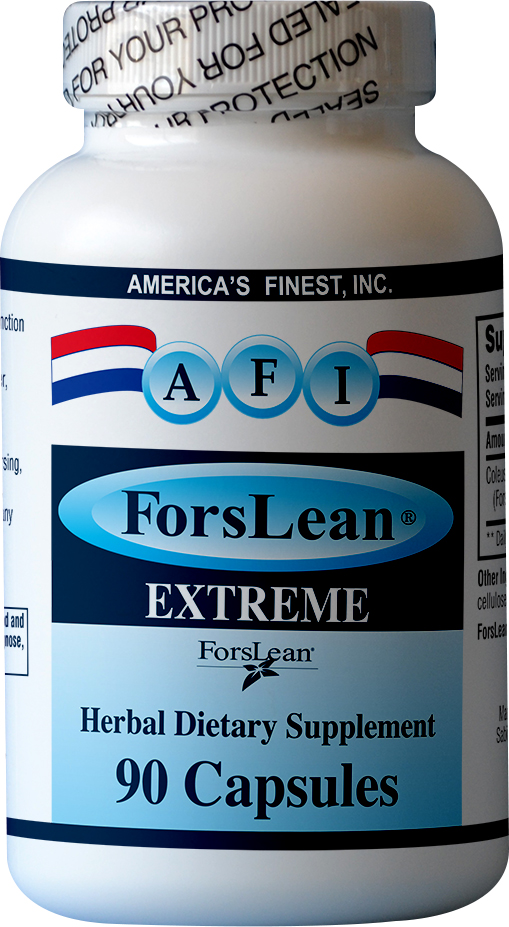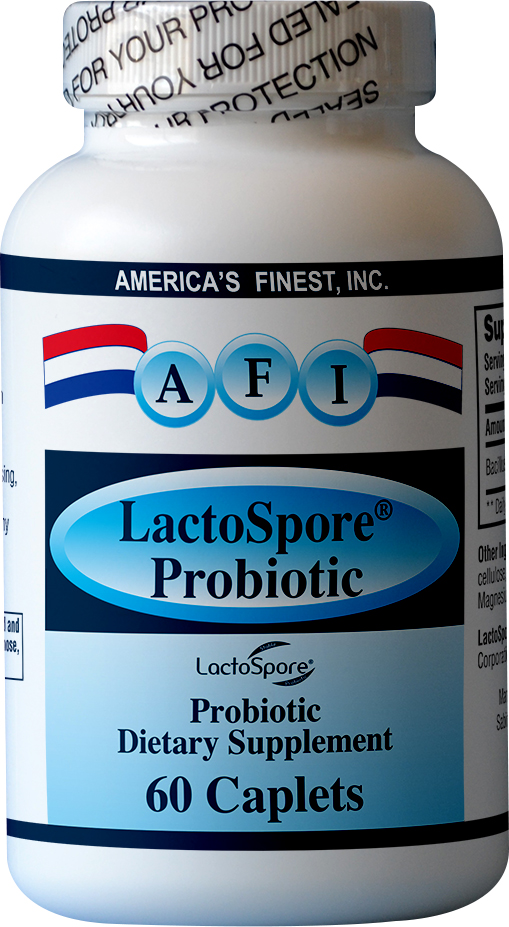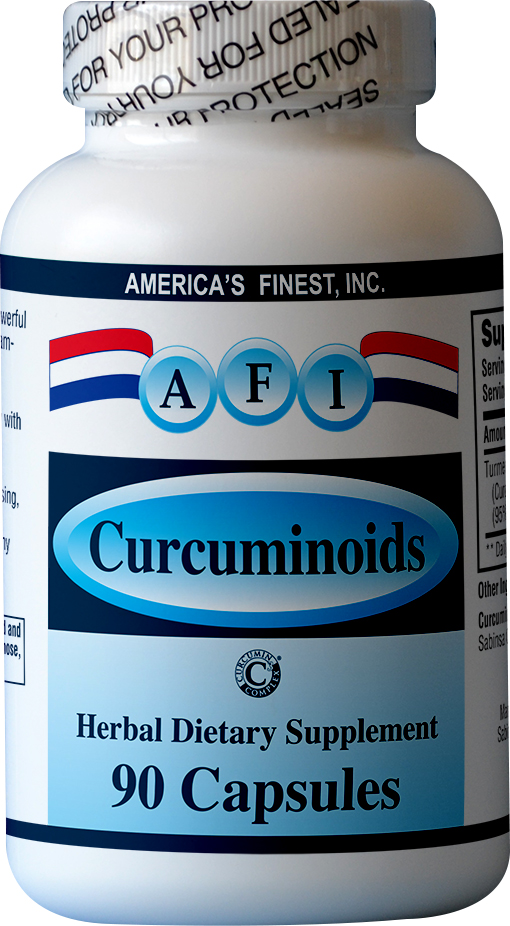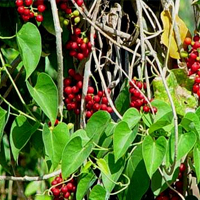Tribulus terrestris Linn. (Small caltrops, puncture vine) belonging to the natural order Zygophyllaceae, is commonly found in the Indian sub-continent and in Africa. It thrives in well-irrigated black soil, growing at altitudes up to 10,000 feet above sea level. Charaka, the Ayurvedic physician in ancient India, recognized the diuretic and aphrodisiac properties of this plant, and recommended its use in rejuvenative formulations, particularly in the treatment of sexual deficiency. The ancient Greeks used this plant as a diuretic and mild laxative. In south-east Asia, the plant has been used in the treatment of post-partum hemorrhage, epistaxis and gastro-intestinal bleeding1. The fruit and seeds of Tribulus terrestris form a major part of several Ayurvedic formulations prescribed in urinary tract disorders including urolithiasis (urinary stones).
The fruit resembles the cloven hoof of a cow, and the Sanskrit name for the plant, “Gokshura” is derived from this analogy. Recent research in Eastern Europe has confirmed the aphrodisiac properties of this plant. The plant has also been widely used as a diuretic. The diuretic mechanism of action may be through stimulation of the renal blood supply.
Chemistry
The extract obtained from the powdered root contains alkaloids (harmine, harmaline, harman and tetrahydroharmine) , resins, nitrates and fixed oils. The alkaloids are believed to be responsible for a slight increase in blood pressure and increase in renal perfusion1, with the consequent diuretic action. The fruit contains a semidrying oil (5%), the enzymes peroxidase and diastase, a glycoside resin, proteins and inorganic matter. Several steroidal sapogenins, steroidal saponins, (such as terrestrosins, dioscin, gracillin, kikuba saponin , protodioscin, neohecogenin glucoside and tribulosin) and three flavonoid glycosides have been isolated from the plant2,3.The saponins are obtained from the defatted plant material by extraction with ethyl alcohol3 and may be responsible for the aphrodisiac properties.
Terrestrosin (R : sugars)
Large quantities of potassium and nitrates are also present1. The lipolytic (urinary stone dissolving) properties of the plant have been attributed to the presence of aspartic and glutamic acids1.
Pharmacological Action
Preclinical studies:
The diuretic action of the water and alcoholic extracts of the seeds of Tribulus terrestris was studied in albino rats, by comparison of volume of urine collected during a five hour period from the group treated with Tribulus terrestris extract with that collected from a control (untreated) group. A significant diuretic effect was observed in the treated group.
The researchers attributed the diuretic action to the high potassium content of the plant. The aqueous extract of the plant material contained 180 mEq/L potassium. The extract lowered the specific gravity of the urine while the pH of urine increased4. Fig.1(a) compares the diuretic action of Tribulus terrestris with that of isotonic potassium chloride:
Figure 1(a)
Diuretic action = Urinary excretion in test group / Urinary excretion in control group
Fig.1(b) compares the characteristics of the urine in untreated animals with those of treated animals:
Figure 1(b)
The authors of this study postulate that the organic acid anions present in the crude drug are oxidized to bicarbonate in the body of the rat, resulting in the rise of urinary pH. Significant reduction in urinary stone weights was observed in rats with experimentally induced urolithiasis (urinary stones), when treated with different organic extracts of Tribulus terrestris5. Figure 2 shows the reduction in weight of urinary stones in rats treated with various fractions obtained from T. terrestris.
The fertility and aphrodisiac actions have been studied in rats. The steroidal saponins stimulated spermatogenesis and sexual activity in male rats. In female rats, the compound potentiated estrogens and increased fertility6. One study on boars with the standardized extract, at a dose of 70 mg/kg body weight for ten days, indicates the efficacy of T. terrestris in improving sexual functions of the animals 10.
Clinical Uses:
In Ayurveda, the plant has been used in treating genito-urinary troubles, and has been prescribed in treating impotence, urolithiasis, and as a geriatric tonic for centuries. An Ayurvedic preparation containing Tribulus terrestris, has been evaluated for efficacy in the treatment of generalized weakness. Fifty patients complaining of lethargy, fatigue and lack of interest in day to day activities, for periods ranging from two to six months were studied. An overall inprovement (45%) in symptoms of lethargy, fatigue and decreased mental alertness was observed7.
The standardized extract of Tribulus terrestris has been found to have a stimulating effect on the libido8. In one study, tests on healthy men demonstrated that a five day treatment with three tablets of the standardized extract (250 mg each) per day significantly increased the blood levels of testosterone by approximately 30%.10
In another study, a group of men suffering from a range of reproductive disorders (impotence, hypogonadism, infertility) were treated with the standardized extract of T. terrestris, administered in doses ranging from 750-1500 mg per day for thirty to sixty days. The results confirmed previous observations, and the treatment increased testosterone levels and improved libido without producing side effects10. Other positive changes observed in the long term study with a standardized extract of Tribulus terrestris, included reduction in blood cholesterol levels, improved mood and increased self confidence10. The reported increase in testosterone levels may be of particular interest in sports medicine, since testosterone belongs to a group of potent anabolic hormones.
Possible mechanism of action : The authors of the long term study cited above, postulate that T. terrestris probably produces its clinical effect through stimulation of secretion of leutenizing hormone (LH) produced by the pituitary gland in males. In women, follicle stimulating hormone, (FSH, but not LH) and the female hormone, estradiol (but not testosterone) were found to increase when treated with a standardized extract of Tribulus terrestris. According to the authors, T. terrestris may have particular potential in alleviating both the physiological and psychological symptoms accompanying menopause10.
Safety:
Clinical studies with the standardized extract of Tribulus terrestris revealed no adverse effects 10. The LD50 in rats, was found to be greater than 10 g per kg body weight. The standardized extract produced no adverse effects in rats fed oral doses of 150 mg per kg body weight per day, administered over an extended period up to 25 months.
References
- Selected Medicinal plants of India, CHEMEXIL (1992), 323-325.
- Mahato, S. et al.(1981) J. Chem. Soc., Perkin Trans. 1, 2405.
- Yan, W. et al. (1996) Phytochemistry, 42(5) 1417-1422.
- Santha kumari, G. and Iyer, G.S.N. (1967) Ind. J. Med. Res., 55(7), 714-716.
- Anand, R. et al. (1994). Indian Journal of Experimental Biology, 32, 548-552.
- Pramodkumar et al. (1980) J. Sci. Res. Plants Med. 1:9
- Jayaram, S.etal. (1993) Indian Drugs, 30(10), 498-500.
- Tomova, M. (1987) . Farmatsiya, 37(6), 40-42
- Milanov, Maleeva and Taskov (1981), cited in reference 8, page 142.
- Wright, J. (1996) Muscle and Fitness, September, 140-142, 224.



